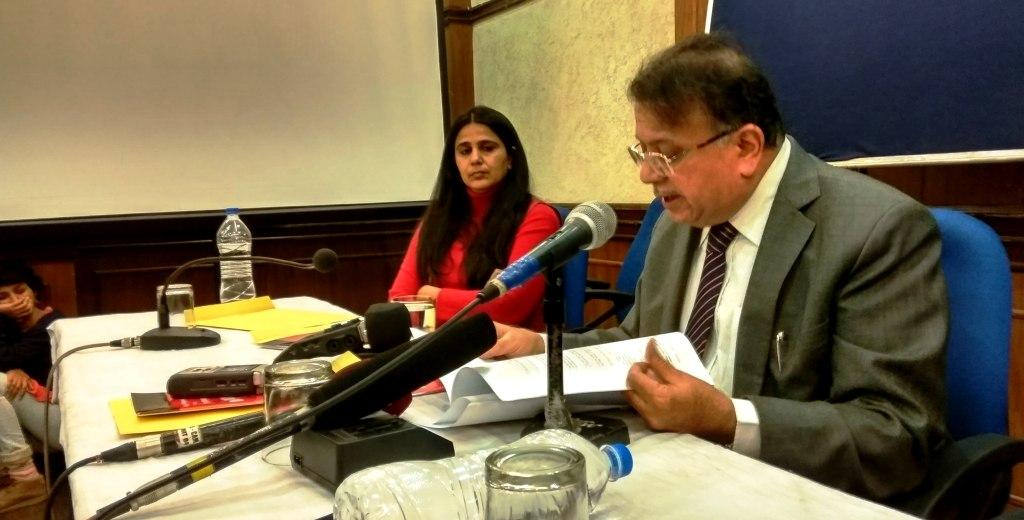Supreme Court expedites case against Dainik Jagran for terror defamation of Wasif Haider

By TwoCircles.net Staff Reporter
On April 3, 2018, a bench of the apex court headed by Justice Chalameshwar expedited the trial of Wasif Haider’s defamation case against the Hindi daily Dainik Jagran. Wasif Haider, a wrongfully prosecuted citizen who was declared innocent of all charges against him, had filed a case against the editor as well as the publisher of Dainik Jagran for running a vilification campaign in the years after his acquittal.
Dainik Jagran, a newspaper of the Jagran group, had repeatedly called Wasif Haider ‘Aatanki Wasif’ and ran false stories against him over a period of one year. The stories included headlining his role in the Benaras blast as well as linking him with other terror activities- none of which were based on either facts or police investigation.
Advocate Prashant Bhushan argued the case in front of the bench, and said that this issue is not just limited to one innocent but is visible as a repeated pattern in several cases. Hence the court should consider it in a holistic manner. Advocate Govind, part of Prashant Bhushan’s team said that “we were interested in the issue because of the question whether a newspaper or media house can brand a particular persons as a terrorist just because he was once accused in the case. The law is fairly clear in sec 499 and 500. Both elements of good faith and public good are missing from the case as the newspapers actions are clearly malicious”.
In a 2016 interview with TwoCircles.net, Haider had talked about how the false case had ruined his and his family’s life. What was even more sad, according to him, is that even seven years after his acquittal, he had been finding it extremely difficult to get back to living a normal life. “I am out of jail but I feel I am in a bigger jail now,” he had remarked.
Wasif Haider was working as an Area Sales Manager with Becton Dickinson when in 2001 when he was abducted by teams of Intelligence Bureau (IB), Delhi Police, Special Cell and Special Task Force (STF) of Uttar Pradesh. After a long and arduous legal and extrajudicial process- which included third degree torture, illegal detention, and intense psychological harassment. Wasif was wrongfully charged in 10 different cases.
In 2009, after spending 8 years in prison as an under-trial, Wasif was acquitted of all charges.
Manisha Sethi, writer and innocence network member, said that ‘the media’s role in constructing public opinion regarding the guilt of the accused is very strong. It prevents a citizen’s right to fair trial. Even after the acquittal, because there is very little reporting, the innocent continues to remain guilty in the eye of the people, even when they are innocent in the eyes of the law. In this case, there seems to a sheer malicious intent on the part of the newspaper. The courts should definitely take cognisance of it.
In 2016, Justice AP Shah, former Chairman of Law Commission of India, had also expressed deep disappointment over how these cases had been played up by the media and had questioned the role of the police. He along with filmmaker Saeed Akhtar Mirza, G.S. Bajpai (NLU Delhi Registrar), noted journalist Neena Vyas, Delhi School academic Nandini Sundar, TISS Deputy Director Abdul Shaban, journalist Vinod Sharma and Advocate Monica Sakrani had said that people who are wrongly convicted of terror charges must be compensated adequately.
